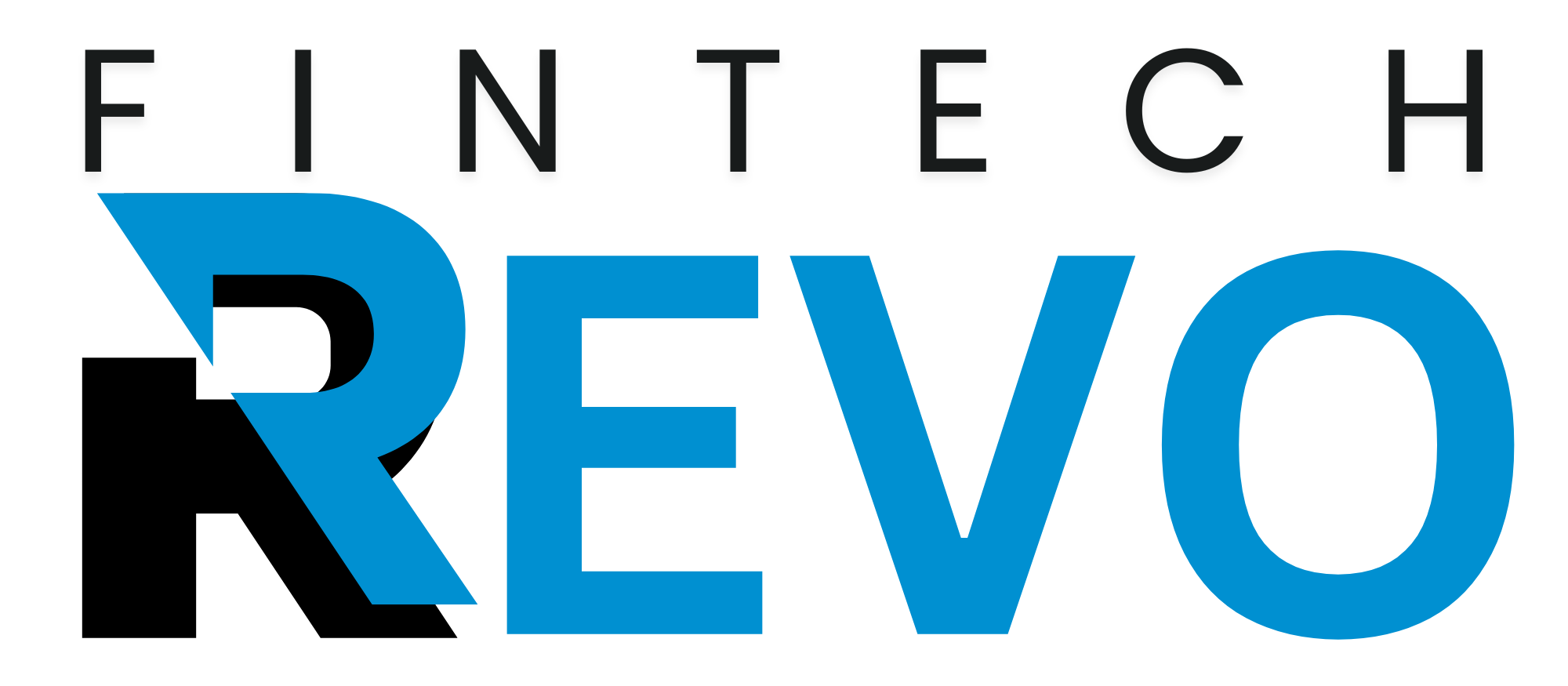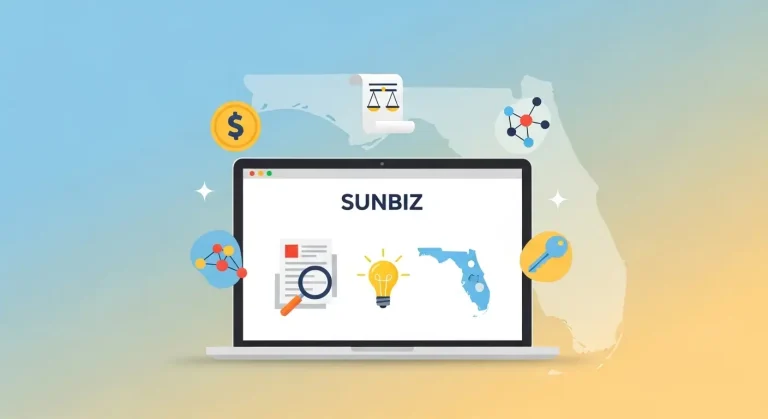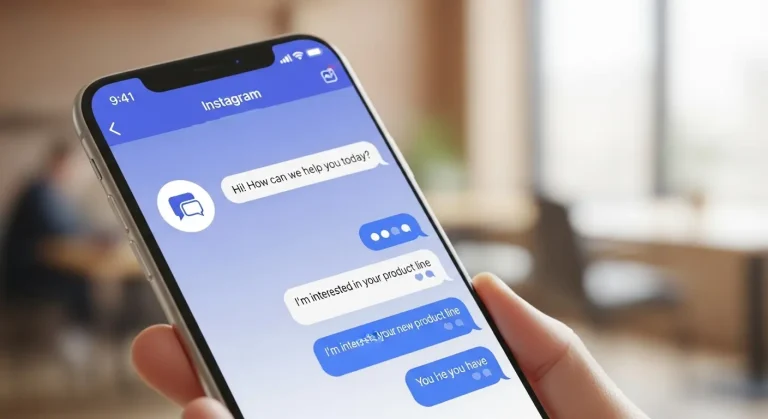Starting a cleaning business is one of the most practical ways to enter entrepreneurship with relatively low startup costs. But before you begin cleaning homes or offices, you must understand the legal side — specifically, the licenses, permits, and insurance required to operate legitimately.
A cleaning business license is a legal document or set of permits that authorises an individual or company to offer cleaning services professionally within a particular jurisdiction.
These credentials prove your business complies with local, state, and federal regulations. They also help you gain clients’ trust, access supplier accounts, and avoid costly fines.
Understanding Cleaning Business Licensing Basics
Before diving into state-specific requirements, it helps to know that there isn’t a single national “cleaning license” in the US. Instead, you’ll deal with a combination of:
- General business registration (such as a business license or tax registration)
- Industry-specific permits (for cleaning, sanitation, or waste handling)
- Professional and health-related certifications (especially for commercial or hazardous cleaning)
- Insurance requirements (liability, workers’ compensation, or bonding)
The licenses you’ll need depend on your service type—residential, commercial, carpet cleaning, pressure washing, or specialised cleaning such as medical or industrial facilities.
Core Licenses Required to Start a Cleaning Business
While every state has its own rules, most cleaning businesses across the US need the following:
1. General Business License
This is your fundamental license allowing you to legally operate a company within your city or county.
You can usually obtain it from your local business licensing office or city hall.
- Purpose: Grants permission to run a business legally.
- Cost: Typically ranges from $50 to $400 annually depending on location.
- Renewal: Often required each year.
2. Doing Business As (DBA) Registration
If your business name differs from your legal name, you’ll need to file a “Doing Business As” or trade name registration.
For example, if your name is Maria Lopez but you operate under FreshStart Cleaning Services, you’ll need a DBA. This registration ensures your business name is recognised legally and can be used for banking and marketing.
3. Employer Identification Number (EIN)
The EIN from the IRS acts like a social security number for your business. It’s essential for tax filing, hiring employees, and opening business bank accounts.
You can obtain it for free on the IRS website within minutes.
4. State Sales Tax Permit
Most states require service providers who sell taxable goods (like cleaning supplies) to collect sales tax.
You’ll need a sales tax ID or seller’s permit to handle this legally.
5. Occupational or Professional License (if applicable)
Some regions require cleaning professionals to hold occupational licenses, especially when handling chemicals, sanitation work, or hazardous materials.
This is more common for commercial and industrial cleaners.
6. Health Department Permits
If you offer biohazard or medical facility cleaning, you may need specific health or environmental permits.
For instance, cleaning up medical waste or disinfecting contaminated areas often requires certification under OSHA or EPA guidelines.
7. Bonding and Insurance
Though technically not a “license,” bonding and insurance are often mandatory for professional cleaners.
- Liability insurance: Protects you if you damage property or cause injury.
- Janitorial bond: Covers client losses due to employee theft.
- Workers’ compensation: Required in most states if you hire staff.
State-Specific Licensing Requirements
Cleaning business regulations vary across states. Here’s a look at how licensing differs in a few key regions.
What Licenses Are Needed to Start a Cleaning Business in Texas
In Texas, most small cleaning services can start by registering their business locally and obtaining a sales tax permit from the Texas Comptroller of Public Accounts.
You’ll also need:
- A general business license from your city or county clerk.
- A DBA registration if using a trade name.
- Liability insurance is highly recommended (especially for commercial contracts).
If you use cleaning agents that fall under hazardous chemical categories, check the Texas Commission on Environmental Quality (TCEQ) for environmental handling requirements.
What Licenses Are Needed to Start a Cleaning Business in Maryland
In Maryland, the process is relatively straightforward. You’ll need:
- A Maryland Business License through the Clerk of the Circuit Court.
- Sales and Use Tax Registration from the Comptroller of Maryland.
- An EIN from the IRS.
- For employees, you’ll also need to register with the Maryland Department of Labor.
Although not mandatory, bonding and general liability insurance help when bidding for government or corporate contracts.
What Licenses Are Needed to Start a Cleaning Business in California
California has stricter regulations compared to other states.
To operate legally, you’ll require:
- A Business License from your local city or county.
- A Seller’s Permit from the California Department of Tax and Fee Administration (CDTFA).
- Employer registration with the Employment Development Department (EDD) if you hire staff.
- In some areas, an Environmental Health Permit for janitorial services dealing with chemicals.
If you plan to handle construction site cleanup or industrial facilities, you may also need additional hazardous waste management permits.
Common Legal Steps to Get Started
Here’s a quick roadmap to help you structure your setup correctly.
| Step | Requirement | Where to Obtain | Notes |
| 1 | Business registration | City/County Clerk | Register LLC, sole proprietorship, or corporation |
| 2 | DBA or trade name | Local clerk’s office | Needed if using a brand name |
| 3 | EIN | IRS website | Free and instant |
| 4 | Sales tax permit | State revenue department | Allows you to collect and remit taxes |
| 5 | Business license | Local government | Required before providing services |
| 6 | Insurance | Private insurer | Liability, worker’s comp, and bonding |
| 7 | Special permits (if any) | Health or environmental department | Only for hazardous or biohazard cleaning |
Additional Certifications That Boost Credibility
While certifications aren’t always required, they significantly improve your professional image.
- CIMS Certification (Cleaning Industry Management Standard) – administered by ISSA for professional cleaning companies.
- OSHA Training – ensures your team handles cleaning agents safely.
- Green Cleaning Certification – suitable for eco-friendly cleaning businesses using sustainable products.
- IICRC Certification – for carpet, upholstery, and restoration cleaning services.
Clients, especially commercial ones, often prefer working with certified businesses.
Local vs Federal Considerations
Cleaning services mostly fall under local jurisdiction, but a few federal considerations apply:
- EPA regulations – for chemical use and waste disposal.
- OSHA compliance – for employee safety.
- IRS reporting – for payroll and tax compliance.
Keeping records of your compliance and renewing licenses on time helps you avoid penalties.
Cost Breakdown of Licensing and Permits
Starting costs can vary depending on your location, but here’s an approximate estimate:
- Business license: $50–$400
- DBA registration: $20–$100
- Sales tax permit: Usually free
- EIN: Free
- Insurance and bonding: $300–$1,200 per year
- Special permits (if needed): $50–$500
In total, expect to spend between $200 and $1,500 in initial licensing and registration fees.
Common Mistakes to Avoid When Applying for Licenses
Many first-time business owners underestimate compliance requirements. Avoid these mistakes:
- Not checking local rules: Each city or county may have additional paperwork.
- Skipping insurance: Even if not mandatory, clients often require proof of coverage.
- Failing to renew licenses: Most licenses must be renewed yearly.
- Mixing personal and business finances: Always open a separate business account.
- Ignoring zoning laws: If operating from home, check local home business regulations.
Building Trust Through Compliance
Clients often prefer working with cleaning services that are fully licensed and insured. It demonstrates professionalism and accountability.
When bidding for contracts, especially with offices, schools, or government buildings, you’ll likely be asked to show:
- Business registration certificates
- Proof of insurance and bonding
- Any relevant safety or training certifications
How Licensing Differs for Residential and Commercial Cleaning
Residential cleaning services often have lighter licensing requirements, while commercial or industrial cleaning can involve more complex compliance.
| Cleaning Type | Key Requirements |
| Residential | Basic business license, insurance, and DBA. |
| Commercial | Business license, tax permit, bonding, OSHA safety compliance. |
| Industrial | Health and environmental permits, hazardous waste certifications. |
| Medical Facility | Biohazard and sanitation permits. |
| Post-construction | Waste disposal and site-cleanup authorisations. |
Example: Setting Up a Cleaning Company the Right Way
Let’s say you’re launching SparklePro Cleaning in Dallas, Texas.
- Register your business as an LLC through the Texas Secretary of State.
- Apply for a sales tax permit via the Texas Comptroller’s website.
- Obtain a business license from the City of Dallas.
- Purchase liability insurance for $1 million coverage.
- File a DBA to operate under SparklePro Cleaning.
- Complete OSHA safety training for your staff.
- Renew annually and maintain records.
This ensures compliance and positions you as a trusted service provider for both residential and corporate clients.
The Bigger Picture: Why Licensing Matters
Beyond legality, licensing brings credibility, insurance access, and customer confidence. Many clients won’t even consider unlicensed cleaners for liability reasons.
Being licensed also opens doors to:
- Business contracts with property managers and government entities
- Supplier discounts
- Easier bank loans or business credit applications
- Legal protection if disputes arise
Final Thoughts
To sum it up, starting a cleaning business legally requires obtaining general business registration, tax permits, insurance, and—depending on your location or specialisation—health or environmental licenses.
Each state has its nuances: Texas focuses on sales tax permits, Maryland on business licensing through the courts, and California on strict environmental compliance.
Getting your paperwork right from the start not only avoids penalties but sets your business up for long-term trust and growth.
Whether you plan to clean homes, offices, or industrial sites, taking care of these legal essentials ensures your business shines as much as the spaces you clean.
The source of this article is https://fintechrevo.com/
FAQs
Do I need a license to clean houses if I’m working alone?
Not all states require a formal cleaning license for solo or part-time cleaners, but you’ll still need a general business registration and may need to collect taxes. This FAQ helps clarify legal obligations for independent cleaners or side hustlers.
Can I run a cleaning business from home without a commercial address?
Many small cleaning businesses start from home, but local zoning laws or homeowners’ association rules may apply. This addresses user intent around home-based business legality.
How long does it take to get all the licenses for a cleaning business?
Processing times vary — some permits (like an EIN or DBA) are issued instantly online, while others (like city business licenses or environmental permits) can take a few weeks. This helps users plan timelines before launching.
What happens if I start operating without a license?
Operating without required permits can lead to fines, tax penalties, or legal shutdowns. It can also prevent you from bidding on commercial contracts. This FAQ targets risk-aware users doing research before starting.
Do I need special licenses for using eco-friendly or chemical-based cleaning products?
While eco-friendly cleaning typically doesn’t need extra licensing, chemical-based services involving solvents or disinfectants may require EPA or hazardous material handling compliance. This adds depth for users offering specialised cleaning services.






